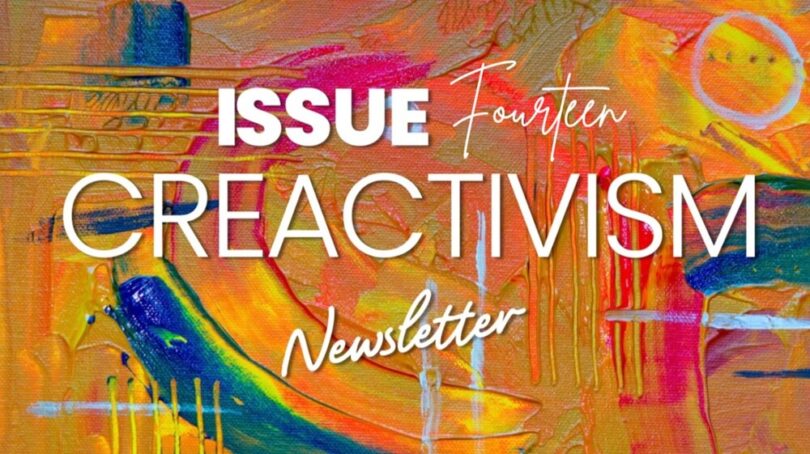Source
Everyone says they want to be authentic. Every brand says it is authentic.
But if everyone’s authentic, is anyone really?
We turned authenticity into a performance, a rehearsed vulnerability, optimized for engagement. We don’t share to connect; we connect to perform sharing.
It’s not hypocrisy. It’s the new existentialism of the feed.
The Existential Brand
Jean-Paul Sartre said, “Existence precedes essence.” Meaning: we exist first, and only later define who we are through action.
But brands flipped that logic. They start by defining an essence, a slogan, a mission, a moodboard, and then struggle to exist as if that essence were real.
Most branding today is the opposite of existential: It’s essentialist marketing, trying to prove the essence of something that hasn’t yet lived.
An authentic brand doesn’t start with identity; it starts with awareness. Awareness that truth is not declared, it’s demonstrated through consistency, contradiction, and evolution.
The Performance Paradox
Social media didn’t kill authenticity. It quantified it.
Every “genuine” moment is filtered through metrics that turn intimacy into strategy. We don’t post our truth, we post our version of truth that performs best.
The modern marketer’s paradox: To appear authentic, we must engineer sincerity.
That’s not fake. It’s postmodern. As Baudrillard would say: we no longer consume reality; we consume its simulation.
The New Honesty
In the next era of marketing, authenticity won’t mean transparency. It’ll mean integration.
A brand is authentic not when it reveals everything, but when its outer expression aligns with its inner logic. When what it says, sells, and stands for move in the same direction.
The future of branding isn’t about “being real.” It’s about being coherent.









